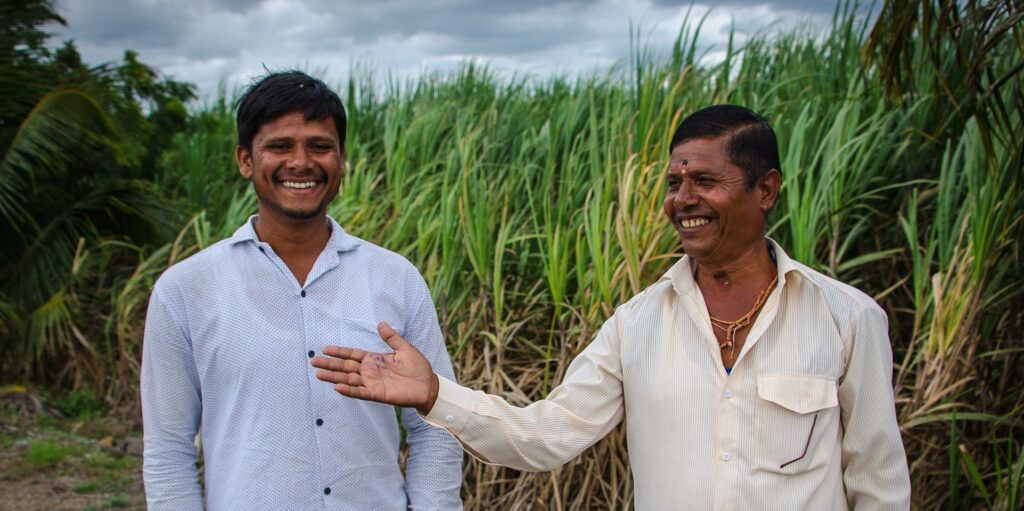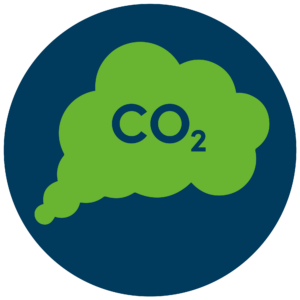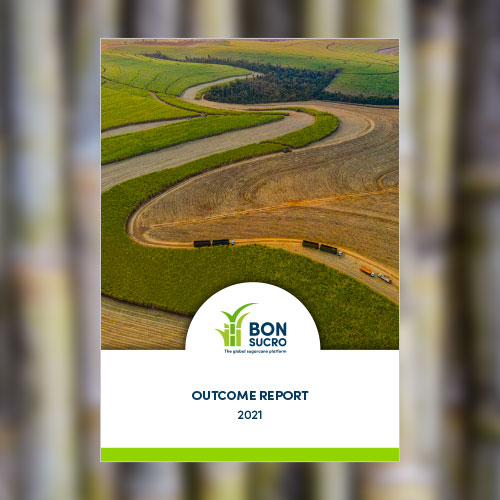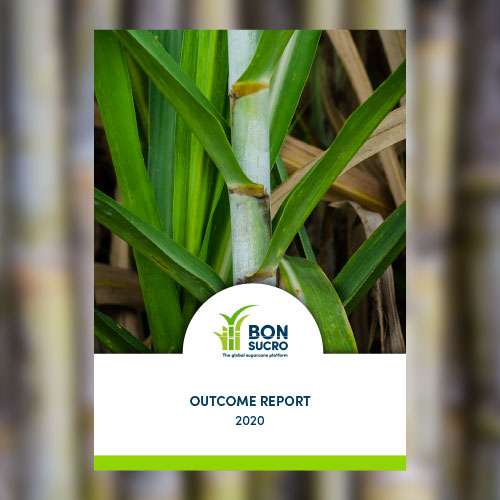Highlights from 2022
Bonsucro is facilitating meaningful, long-term change in the sugarcane sector through its internationally recognised sustainability standards, training and resources.
The data shows that Bonsucro members who meet the requirements of the Bonsucro Production Standard improve their environmental impact and create safer, fairer working conditions on farms and mills. The report also reveals that market demand for certified sugarcane derivatives grew in 2021-22.
Download the 2022 Outcome Report
We welcome feedback about the content and presentation of this Outcome Report. If you would like submit comments, please contact Laura Ferreira, our Senior Digitalisation & Impact Manager at lferreira@bonsucro.com.








